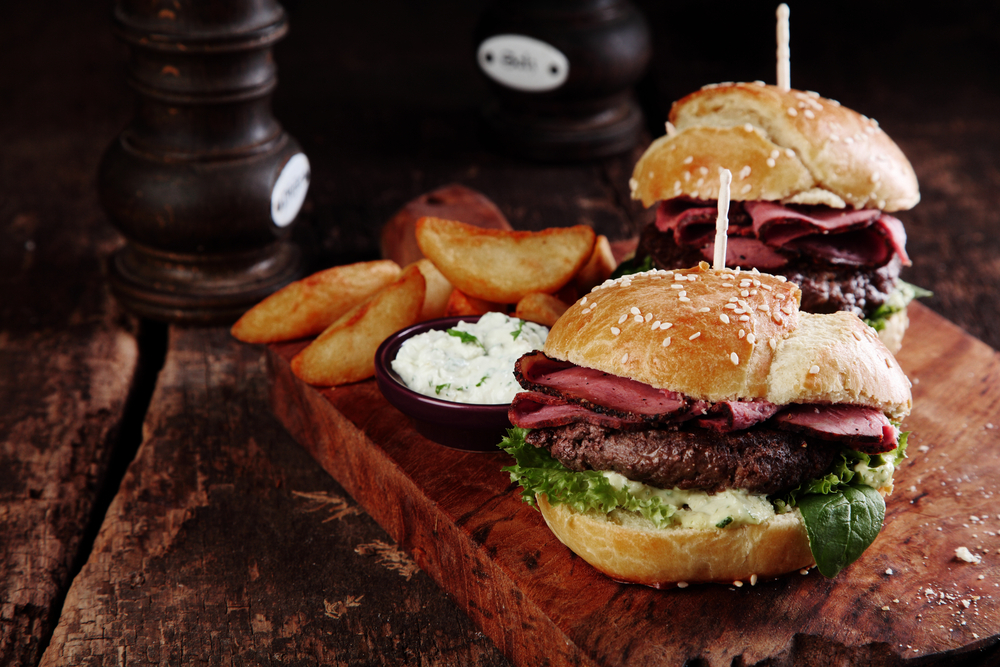Have you ever gone to a farmers’ market and thought, ‘I’d like to do that.’? Here’s a beginner’s guide to setting up a market stall in Ireland.
Farmers’ markets in Ireland have created a growth sector, proving popular with consumers looking for additive-free (often organic) produce. From a farmer’s or producer’s perspective, the benefits are numerous. You can:
- Sell your product directly to the public with no middleman.
- Test your ideas out while enjoying low overheads and low risks.
- Increase turnover, again with a reasonably low impact on your pocket.
- Have control over your pricing.
- Build your brand and increase customer loyalty.
How can I set up a stall?
Farmers’ markets are springing up all over the country, so it shouldn’t be a problem to find one near you. Visit Ireland Markets or Bord Bia for a full list. However, there are still a few more steps you should consider before setting up shop at a market.
- Chat with a trader
Due to the nature of their business, traders at markets tend to be an approachable bunch. Have a chat with a couple and pick their brains about what’s involved.
- Get the gear
Before opening for business, you’ll need to purchase, rent or borrow the various bits of equipment involved, such as a table, scales, bags, displays, cleaning materials and so on. Probably the most important item to get is your stall. You’ll need to decide between a pop-up gazebo, a market canopy/umbrella, or a mobile trailer.
- Get insured
Three types of insurance typically apply to market traders in Ireland. These are: (a) public liability (cover in case someone injures themselves interacting with your stall); (b) product liability (cover in case a consumer makes a claim, based on consuming your produce) and; (c) employer’s liability (protection in case someone you employ becomes injured while working for you).
- Register with your EHO
Before selling fresh food at a market, you will need to register with your local Environmental Health Officer as a food business. The EHO will advise you on what’s required to make sure your kitchen and equipment are in compliance with health regulations.
- Get a license
If the market is taking place on municipal land (space looked after by a town, city or county council), you’ll have to approach the local authority for a casual trading license. It will want to see a current certificate of Public Liability Insurance, and that the details contained match your application.
If you are trading at a privately run event, it is (ordinarily) not necessary to apply for a casual trading license.
- Be safe
You must, of course, be compliant with all health and safety requirements. When selling food at a farmers’ market, the responsibility is with you to ensure your products are safe, and your stall is hygienic. The Food Safety Authority of Ireland is the government body that looks after all of this. There’s an advice line on 1890 336677 and some very handy downloadable guides.
Related Resource
To speak with an advisor on how to grow your farm, go here.
Images from Shutterstock. ⊕






